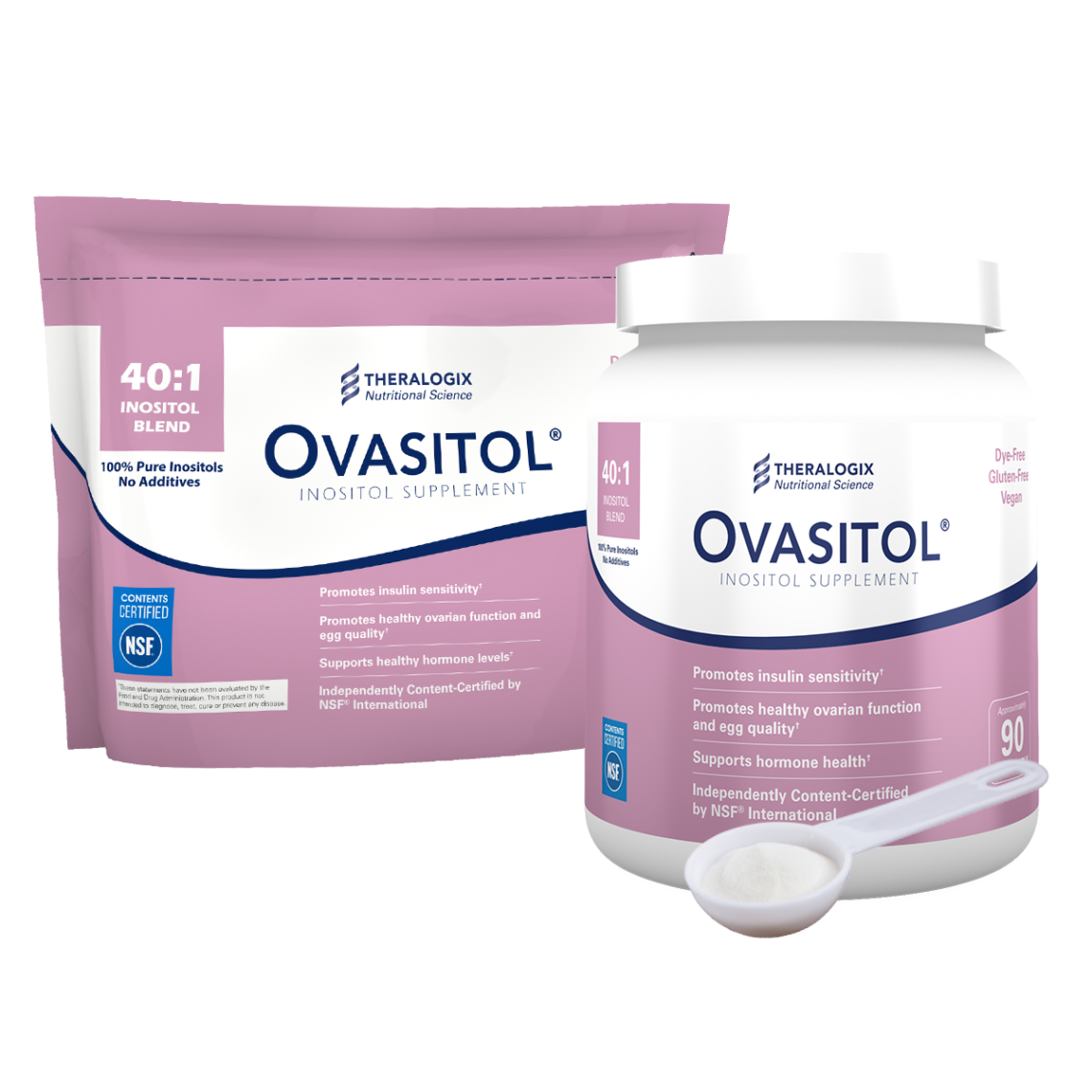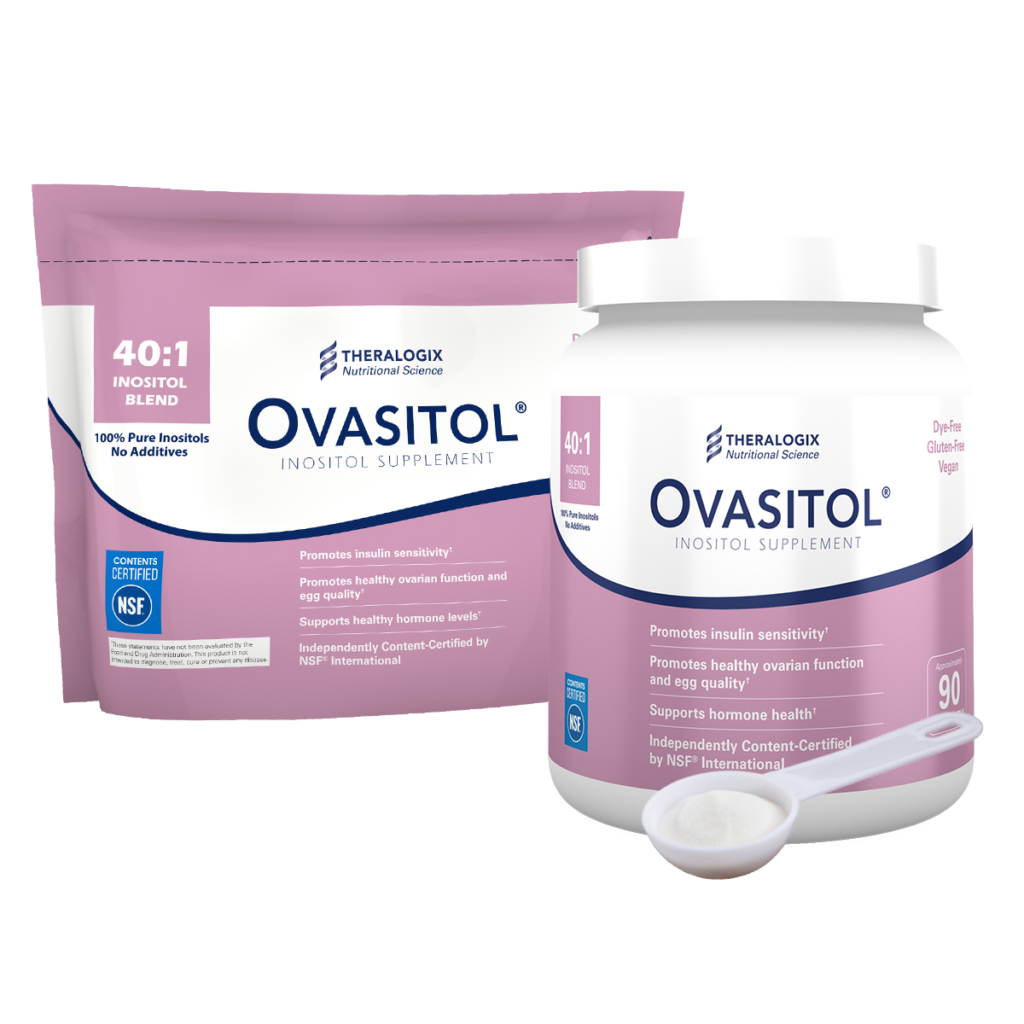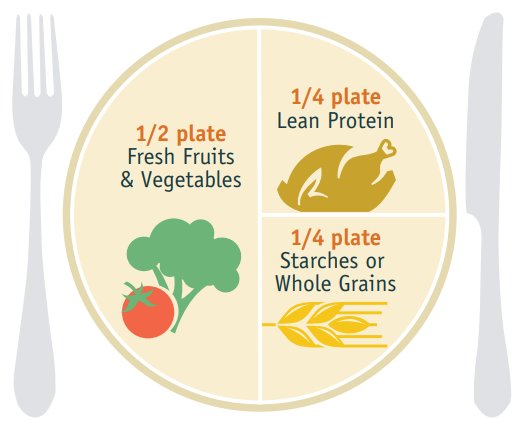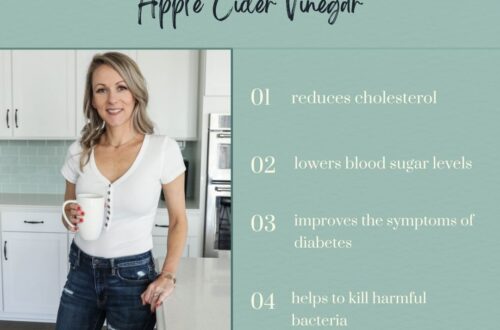
PCOS Management – Diet & Lifestyle Guide
Without a doubt nutrition is the cornerstone to laying down a foundations for PCOS Management and maintaining a healthy lifestyle. Nutrients play an essential role in creating and maintaining that lifestyle and untimely will aid in the development of healthy eggs and sperm. Here, I try to bypass the generalizations and provide you with evidence-based information and guidance.

What Is PCOS?
Polycystic ovary syndrome (PCOS) is a hormonal disorder defined by a group of signs and symptoms. These may include:
- Irregular or absent menstrual periods
- Infertility
- Weight gain (especially at the waist)
- Acne
- Excess hair on the face and body
- Thinning hair on the scalp
PCOS affects 7–10% of women of childbearing age and is the most common cause of infertility. In the United States, an estimated 5 to 6 million women have PCOS, making it the most common hormonal disorder among women of reproductive age.
Women with PCOS often have many small painless cysts in the ovaries (hence the name “polycystic”). These cysts are not cancerous.
PCOS + Nutrition
Eighty percent of women with PCOS are overweight or obese. The remaining 20% are slim built and sometimes called “thin PCOSer”. But to be quite honest, PCOS is PCOS. It really doesn’t matter how you are shaped, we all suffer together.
The leading treatment for PCOS is weight loss. A weight loss of only 5% can improve insulin resistance, leading to lower levels of male hormones, improved menstrual function, and a reduction in cholesterol abnormalities.
Unfortunately, many women with PCOS have a difficult time losing weight. Additionally, women with PCOS have decreased sensitivity to insulin, the hormone that regulates glucose, aka: sugar, in the blood. This condition, known as insulin resistance, is a major risk factor for type 2 diabetes. Women with PCOS often have type 2 diabetes, low levels of good cholesterol (HDL), and high levels of bad cholesterol (LDL) and other blood fats, including triglycerides. Even if your weight gain is caused by some physiological consequence of PCOS, lifestyle changes offer you the best chance of successful weight loss.
PCOS + Functional Nutrition
Nutrition isn’t the ONLY way to deal with PCOS. Supplements can potentially offer women assistance with their PCOS too. Here are a few of my favorite supplements and the link to purchase:
- Berberine
- N-acetylcysteine (NAC)
- Ovasitol (use my practitioner code for a discount – 133626)
- CoQ10
- Vitamin D
- Vitamin B12
Ultimately, PCOS is a complex and overlooked condition with significant long-term metabolic risk factors that persist throughout a woman’s lifespan. Modifications to diet and nutrition supplements play a crucial role in helping women with PCOS to improve their fertility, optimize their health, and prevent disease.
This is why I create the PCOS Management – Diet & Lifestyle Guide! In my new guide I discuss trusted supplements, food, meal planning, and so much more. PCOS is SO SO SO much more than just “not eating carbohydrates”. It requires a complete mind, body, and soul approach.
Download your FREE copy HERE!





